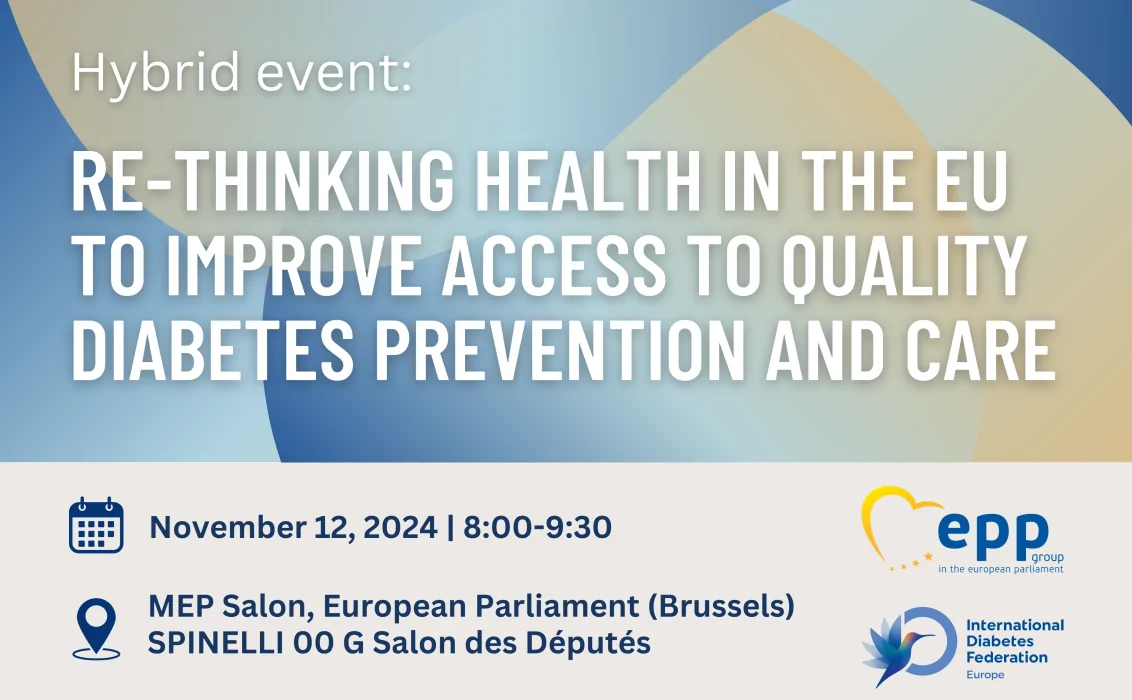Ahead of the 152nd session of the Executive Board meeting (January 31-February 7), WHO released a draft updated menu of policy options and cost-effective interventions for the prevention and control of noncommunicable diseases. The report presents an overview of the progress achieved in the prevention and control of noncommunicable diseases (NCDs) and the promotion of mental health. It highlights the urgent need to shift focus and reorient resources to support the strengthening of primary healthcare, an optimal setting for the purpose of primary and secondary prevention of NCDs and the promotion of mental health and well-being.
The report shows that national action on NCDs over the past two decades has been inadequate to reduce NCD burden against the nine voluntary targets of the global action plan and target 3.4 of the Sustainable Development Goals (by 2030 reduce by one third premature mortality from NCDs through prevention and treatment and promote mental health and well-being). Globally, the decline in mortality between 2000 and 2019 was achieved for chronic respiratory diseases, cardiovascular diseases and cancer, whereas diabetes mortality increased by 3%. The overall progress on reducing NCD mortality is quite low compared to communicable diseases and is uneven across regions and income groups.
For a complex and multi-factorial disease such as diabetes whole-of-government and whole-of-society policy interventions are more than ever needed. National prevention plans must include risk-reduction and screening/early action components to target the socio-economic determinants of health as well as promote health-enabling environments and health and digital literacy, education and awareness raising among the general population and in particular, high-risk groups. Beyond prevention, continued access must be ensured for all people living with diabetes, regardless of their age, socio-economic status, or geographical location. Uninterrupted access to quality diabetes treatments and technologies, including e-health technologies such as continuous glucose monitoring systems and new insulin delivery systems, as well as education are critical to ensuring people with diabetes manage their condition optimally and lead long and healthy lives.
IDF Europe supports WHO’s recommendations to strengthen primary health care sectors, including protection against NCD risk factors as an effective response to the growing NCD incidence. We also agree with WHO’s recommendation that in order to effectively accelerate progress and reorient domestic action plans to tackle NCDs, measures should be country- and region-specific, taking into account local socio-cultural, economic and political contexts. Moreover, we call on Member States and international bodies to take into account the fact that in addition to prevention, effective health services must incorporate consistent, high-quality follow-up and care and provide equitable access to education as well as all required medicines, tools and technologies to respond to the needs of people already living with diabetes or other chronic conditions.



